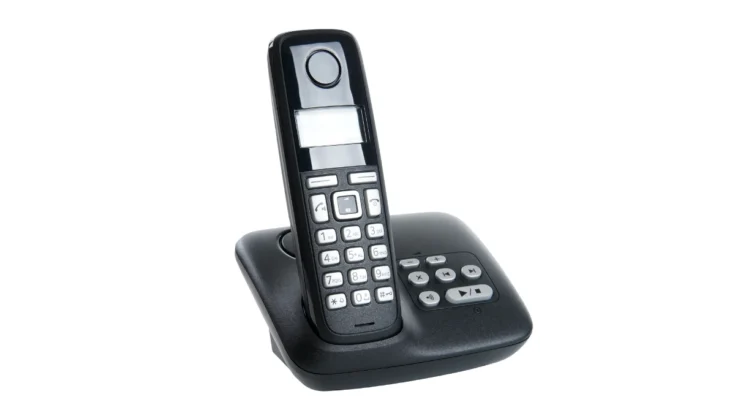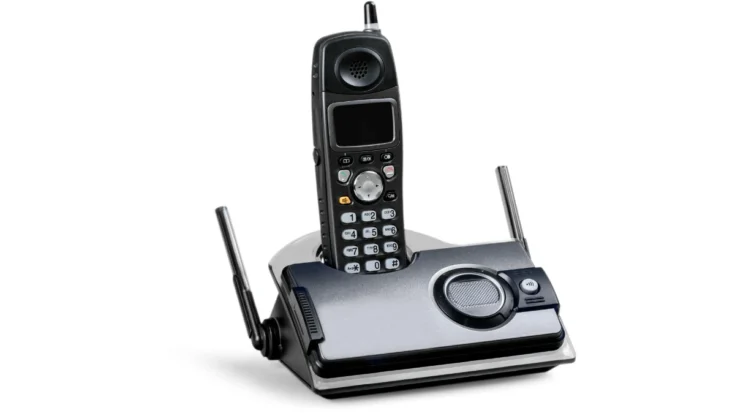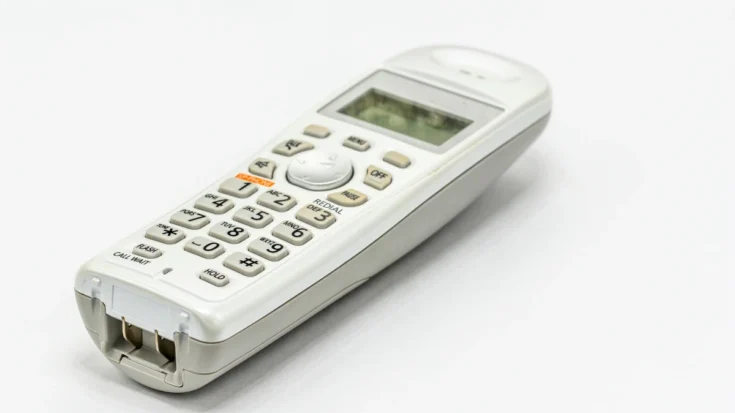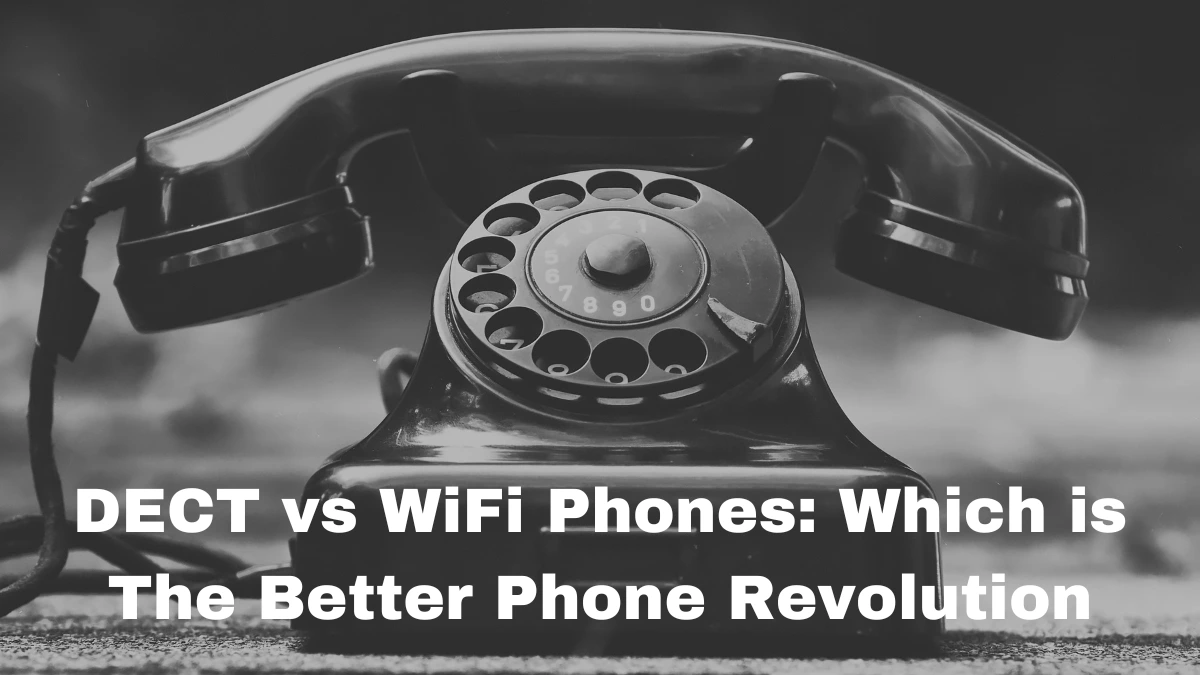DECT (Digital Enhanced Cordless Telecommunications) and WiFi phones are two quite popular choices as mobility phone solutions for businesses. DECT vs WiFi certainly has advantages and disadvantages to consider.
DECT vs WiFi is one of the technologies that has made a revolution in the development of telephones. Understanding the differences between the two before making a decision is essential.
In this article, we will delve into the key features of DECT and WiFi phones to help you determine which is the better phone revolution.
The Meaning of DECT vs WiFi Phones

DECT phones are remote phones that work on a committed recurrence band, giving a solid and secure association for voice calls. These phones are commonly utilized in office situations for their clear sound quality and long-range coverage.
WiFi phones are gadgets that utilize Voice over Web Convention (VoIP) innovation to make phone calls over a WiFi organize. These phones offer the adaptability of making calls from any area with a WiFi association, making them perfect for businesses with farther or versatile workers.
Advantages and Disadvantage of DETC vs WiFi phones
DECT and WiFi phones have different reach, connection stability, transmission technology, radio transmitters, and battery life.
The following summarizes the comparison between DECT vs WiFi phones:
| DECT | WiFi | |
| Reach | Wider coverage in certain areas | Susceptible to fluctuations in call quality |
| Connection stability | More secure and interference-free | Susceptible to interference from other devices |
| Transmission technology | Digital wireless technology | Uses radio waves |
| Radio transmitters | Require fewer radio transmitters | Requires more radio transmitters |
| Battery life | Longer battery life than WiFi | Reduces power faster than DECT |
Advantages of DETC vs WiFi phones

DETC phones
- Reliability: DECT phones offer a secure and interference-free association, making them perfect for businesses that organize call quality.
- Range: DECT phones have a longer run than WiFi phones, permitting clients to make calls over huge office spaces.
- Battery Life: DECT phones have a longer battery life compared to WiFi phones, decreasing the requirement for visit charging.
WiFi phones
- Cost-effective: Since WiFi phones utilize the web for calls, they can offer assistance to businesses spare on conventional phone line costs.
- Mobility: WiFi phones permit clients to make calls from any place with a WiFi association, giving adaptability and convenience.
- Integration: WiFi phones can effortlessly coordinate with other VoIP administrations, making it less demanding to oversee communication channels.
Disadvantages of DETC vs WiFi phones

DECT phones
- Limited Mobility: DECT phones have a confined run compared to WiFi phones, constraining the adaptability of making calls from distinctive locations.
- Compatibility: DECT phones may not be congruous with other VoIP administrations, requiring extra gear for integration.
WiFi phones
- Dependence on WiFi: WiFi phones depend on a steady web association, which can be a challenge in zones with destitute WiFi coverage.
- Call Quality: The quality of calls on WiFi phones can be influenced by arrange clog or transmission capacity limitations.
In the end, if you require adaptability and portability for your representatives, WiFi phones may be the perfect choice. On the other hand, if call quality and unwavering quality are foremost, DECT phones may be the way better option.
What needs to be noted is that each DECT or WiFi phone item innovation circulating on the market must go through tests and certification from the right type of Approval Certification Services for ICT Products in your country. <UN>

